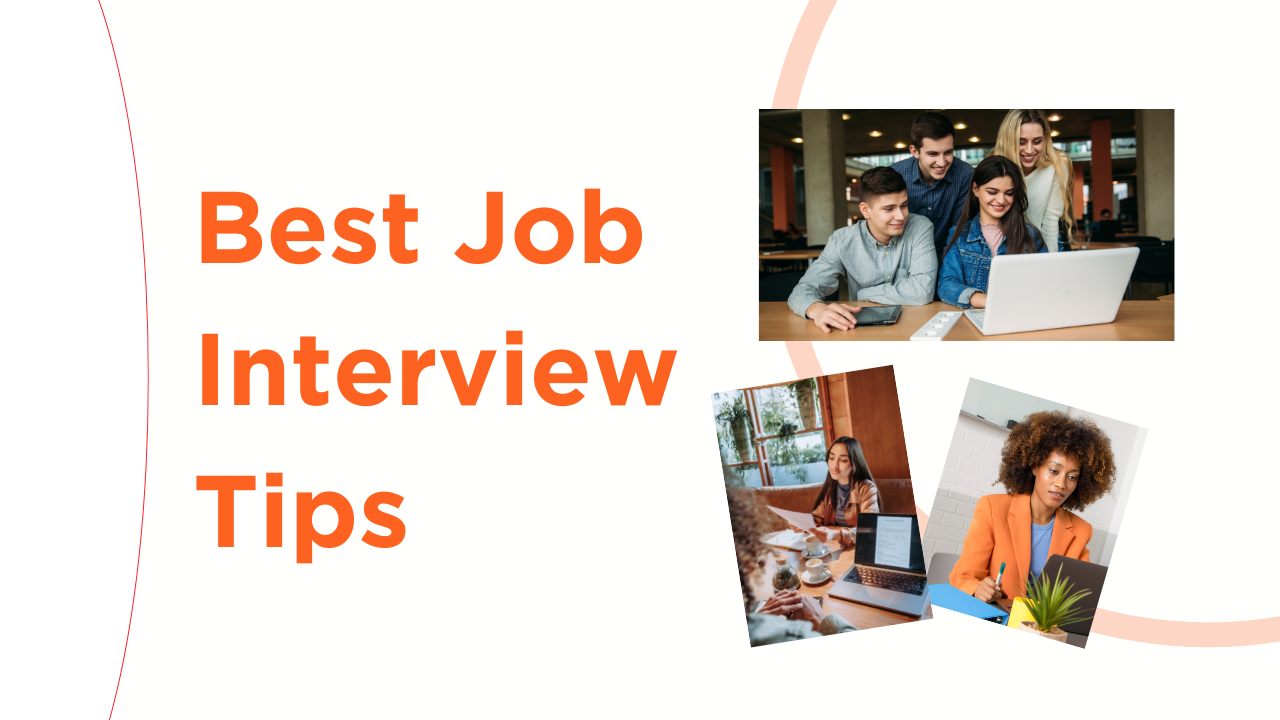
In today’s competitive job market, landing the perfect job requires more than just having the right qualifications; it demands the ability to ace the job interview. Job interviews serve as the crucial gateway between applicants and their desired positions. To navigate this essential phase successfully, applicants must equip themselves with a toolkit of effective strategies. This blog outlines some of the best job interview tips to help individuals confidently present themselves and secure their dream job.
In the competitive landscape of job hunting, mastering the art of researching the company stands as a fundamental pillar for interview success. Understanding the company’s culture, values, mission, and recent developments showcases genuine interest and equips candidates with invaluable insights to tailor their responses effectively. This essay delves into the importance of researching the company and provides a comprehensive guide on the best job interview tips for conducting thorough company research.
Understanding the Company’s Culture and Values: Researching the company’s culture and values offers candidates a glimpse into the organization’s ethos and working environment. By delving into employee testimonials, company blogs, and social media platforms, candidates can discern whether their values align with the company’s values. Referencing specific cultural aspects or initiatives during the interview can demonstrate genuine enthusiasm and compatibility with the company’s ethos.
Familiarizing Yourself with the Company’s Mission and Goals: A thorough understanding of its mission and goals enables candidates to articulate how their skills and experiences align with the organization’s objectives. By exploring the company’s website, annual reports, and press releases, candidates can glean insights into the company’s strategic direction and priorities. During the interview, incorporating references to the company’s mission and goals demonstrates alignment and a proactive approach to contributing to the company’s success.
Researching the Company’s Products or Services: A deep understanding of the company’s products or services is essential for showcasing industry knowledge and enthusiasm for the role. Candidates should familiarize themselves with the company’s offerings, target market, competitive landscape, and recent innovations or developments. Incorporating relevant examples or insights into discussions about the company’s products or services during the interview highlights preparedness and a genuine interest in contributing to the company’s success.
Keeping Abreast of Recent Developments: Staying updated on recent developments within the company, such as product launches, partnerships, or expansions, demonstrates proactive engagement and industry awareness. Candidates can leverage news articles, press releases, and industry publications to stay informed about the company’s latest achievements and initiatives. Referencing recent developments during the interview showcases a keen interest in the company’s progress and a readiness to contribute meaningfully.
Leveraging Employee Perspectives: Seeking insights from current or former employees provides candidates with valuable firsthand perspectives on the company’s culture, work environment, and growth opportunities. Platforms such as LinkedIn, Glassdoor, and professional networking events facilitate connections with current employees or alums who can offer insights and advice. Engaging with employees to gain insights into the company’s culture and values demonstrates proactive research and a genuine interest in understanding the employee experience.
Tailoring Your Responses: Armed with comprehensive knowledge about the company, candidates can tailor their responses to highlight their alignment with the company’s values, mission, and goals. Integrating references to the company’s culture, products, or recent developments into interview responses demonstrates a deep understanding of the organization and a genuine commitment to contributing positively. Customizing responses based on the company’s specific context and priorities enhances credibility and resonates with interviewers.
Securing a job interview is just the beginning of the journey towards landing your dream job. The post-interview phase, particularly the follow-up process, is crucial in leaving a lasting impression on the interviewer and solidifying your candidacy. This essay explores the best job interview tips for following up after an interview, emphasizing the importance of timely and strategic communication to maximize your chances of success.
Post-interview follow-up is a critical component of the job search process, allowing candidates to reinforce their candidacy, express gratitude, and stay engaged with prospective employers. By sending a well-crafted thank-you email, reiterating qualifications, inquiring about the next steps, and maintaining professionalism throughout the process, candidates can leave a positive impression and enhance their chances of success. Effective follow-up communication demonstrates initiative, professionalism, and genuine interest in the role, setting candidates apart from the competition and positioning them as strong contenders.
Researching the company is a cornerstone of interview preparation, offering candidates a strategic advantage in showcasing their suitability and enthusiasm for the role. By understanding the company’s culture, values, mission, products, and recent developments, candidates can tailor their responses effectively and demonstrate a genuine interest in contributing to its success. Incorporating insights from employee perspectives and leveraging industry knowledge further enriches candidates’ understanding and positions them as informed and engaged contenders. Effective company research impresses interviewers and empowers candidates to approach interviews with confidence and authenticity, ultimately increasing their chances of securing their dream job.
Mastering the art of job interviews requires careful preparation, self-awareness, and practical communication skills. Candidates can significantly enhance their chances of success by researching the company, showcasing relevant experiences, practicing common interview questions, and maintaining professionalism throughout the process. Moreover, approaching the interview as an opportunity to engage with the employer, demonstrate enthusiasm, and establish rapport can help candidates stand out from the competition and secure their dream job.

3 months ago, admin

3 months ago, admin

3 months ago, admin
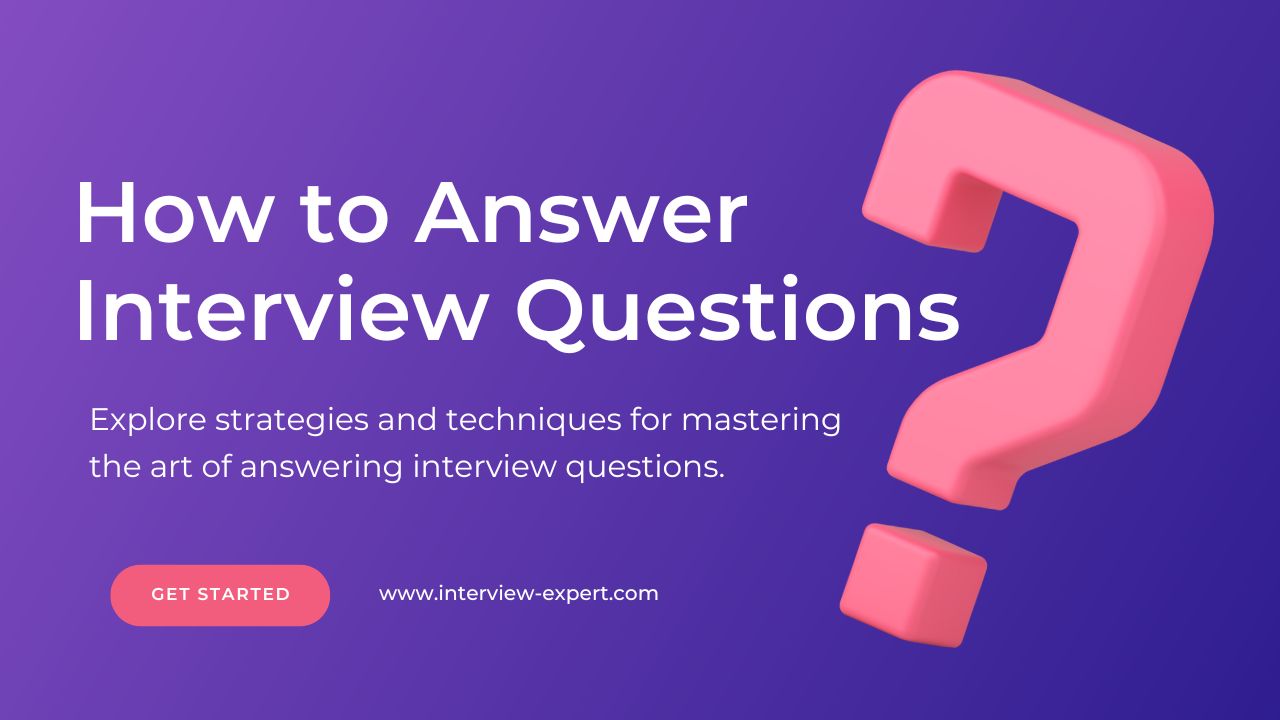
10 hours ago, admin
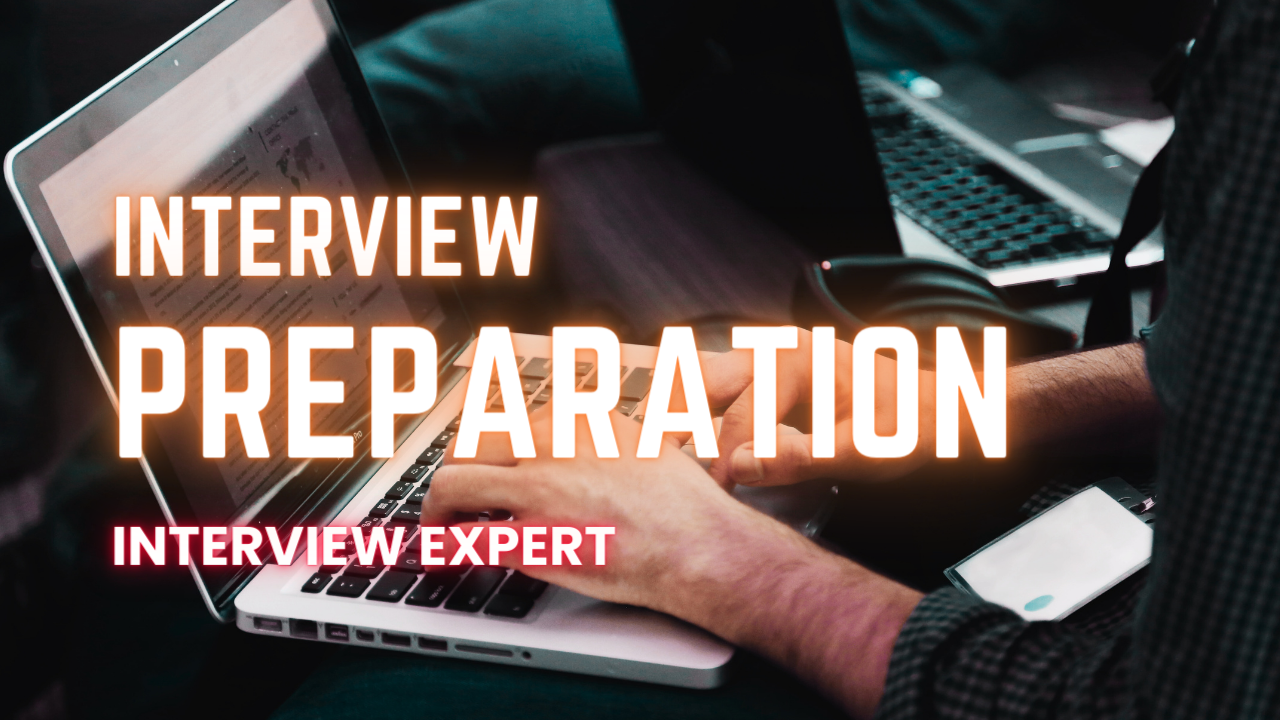
6 days ago, admin
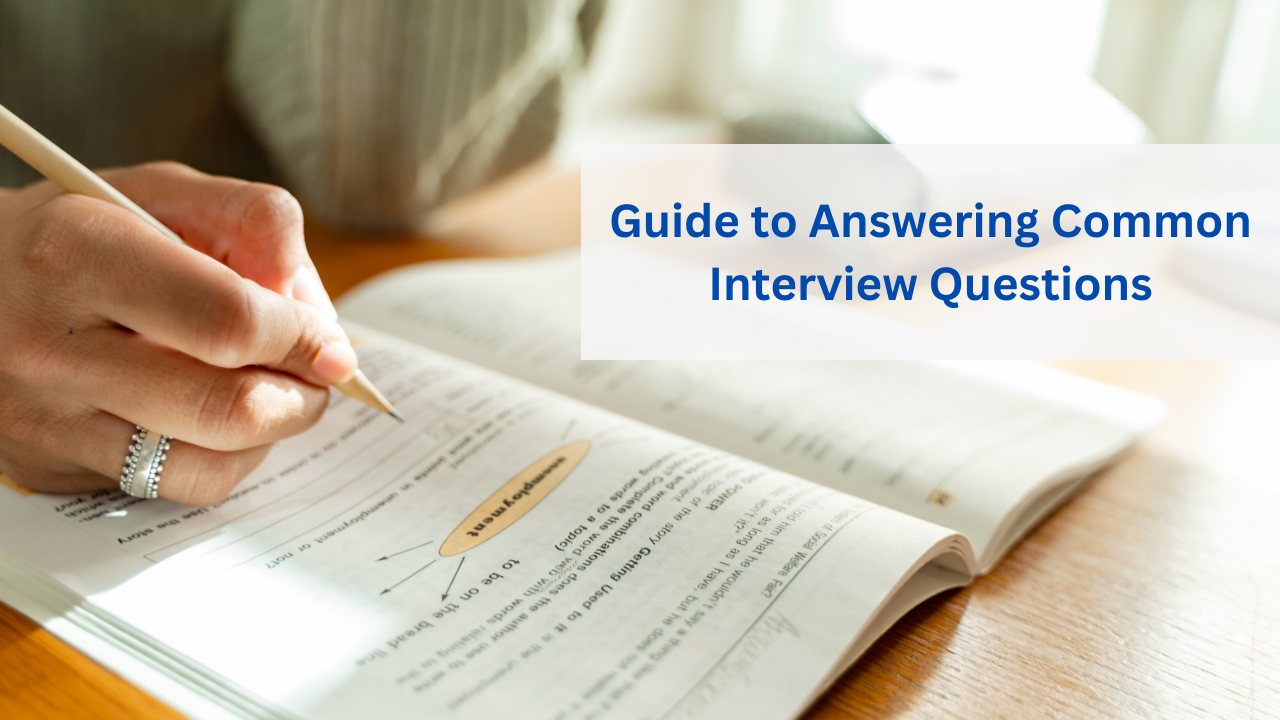
1 week ago, admin
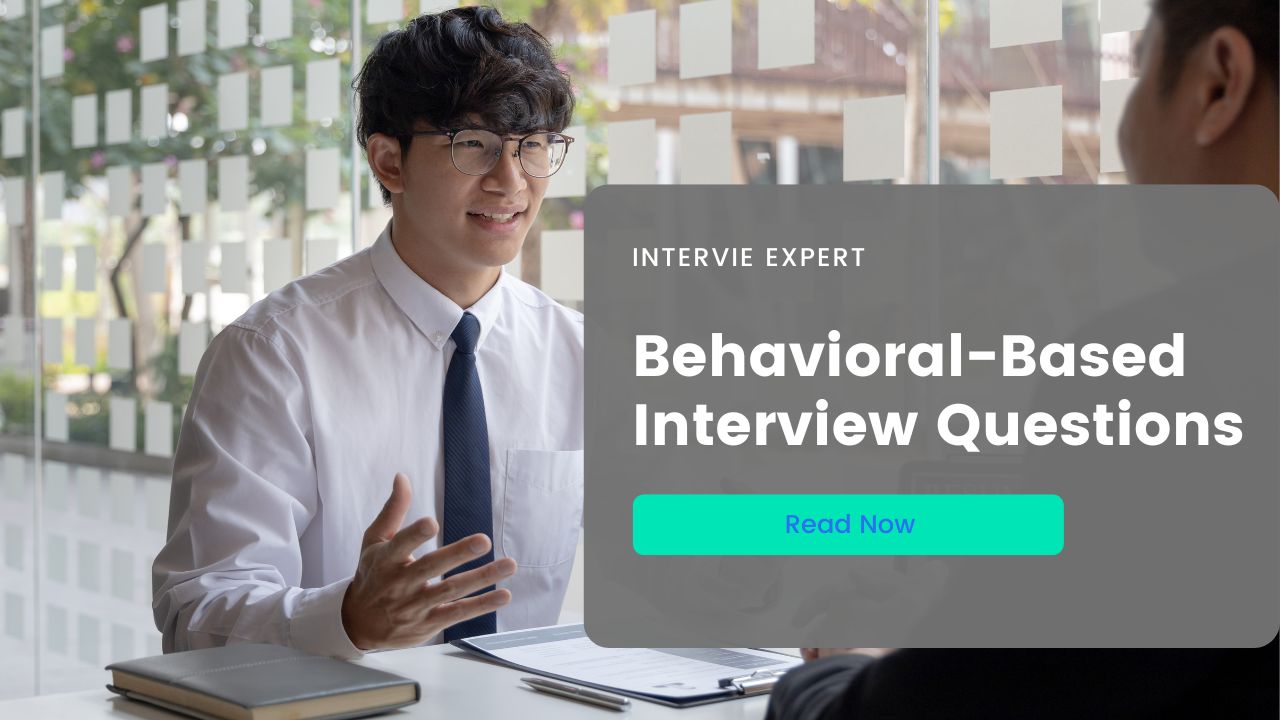
2 weeks ago, admin
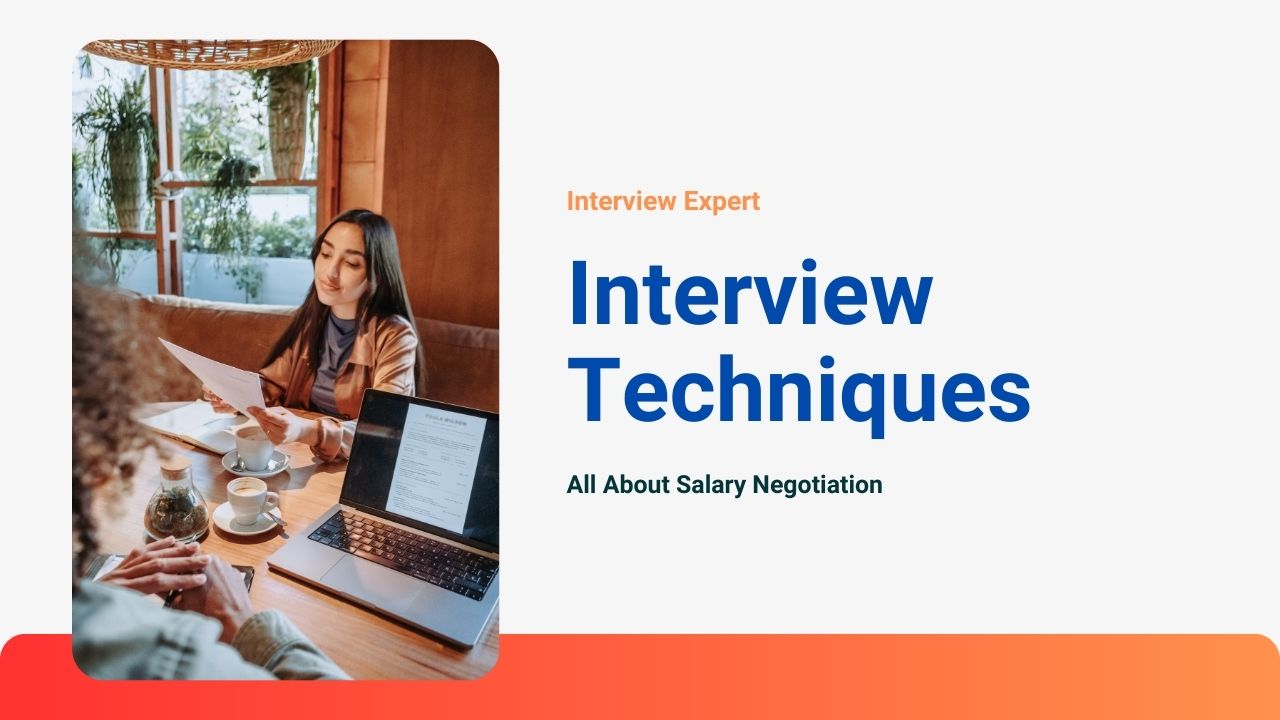
2 weeks ago, admin